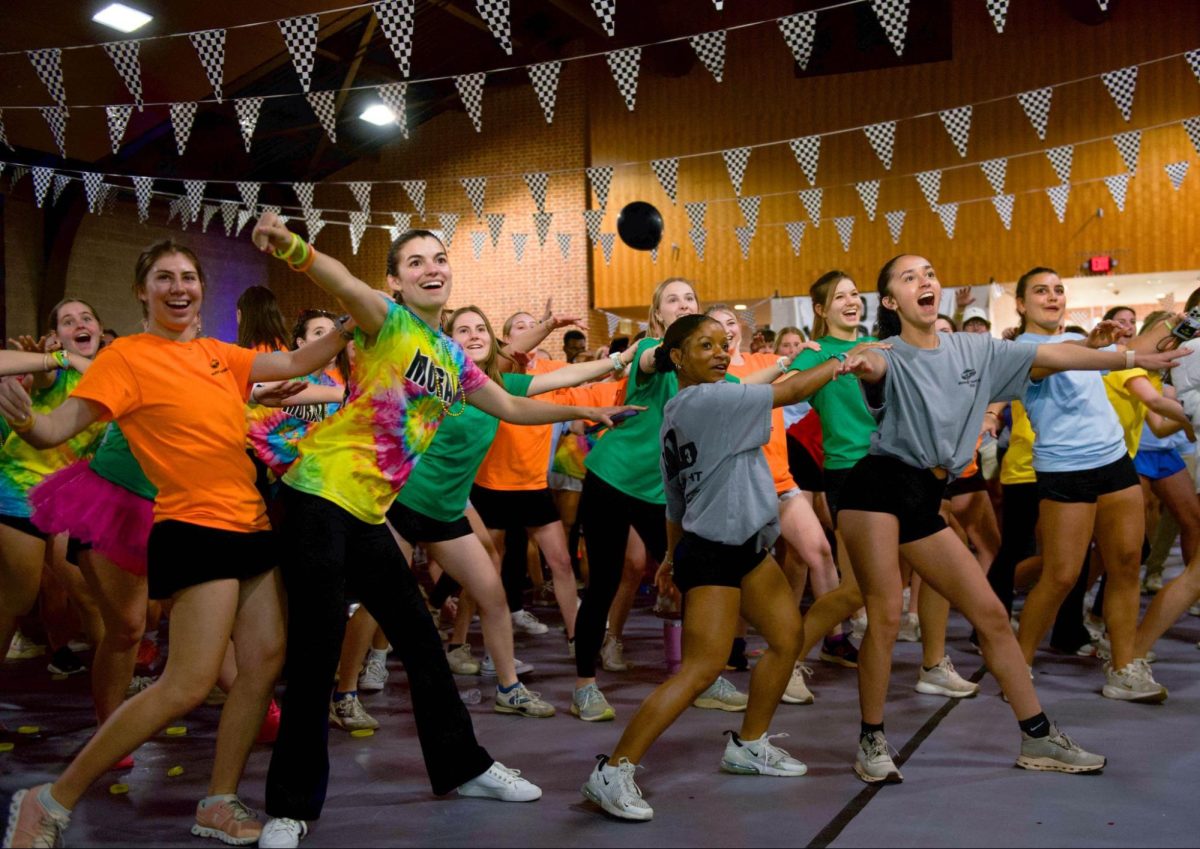The first classic novel I enjoyed reading happened to be the first classic I read – George Orwell’s 1984. For a long time, that was also the only classic novel that I enjoyed. I remember hating so-called ‘classics,’ resenting them for their cryptic language and boring storylines. What was the point in reading a novel with an ending everyone knew, and why did it have to be so much harder than reading whatever YA novel was popular at the time?
The truth is, reading older novels is almost objectively harder than reading contemporary novels. There’s not much getting around that. But my belief is that, as we age, and as we learn exactly how to read classics, they can become a lot more enjoyable.
In seventh grade, I gave a presentation on Walt Whitman after skimming through Leaves of Grass. I had no idea what any of Whitman’s writing meant, and it had no lasting effect on me. The most exciting part of the project was glueing cotton fluff to Paper Walt Whitman’s beard. I read Whitman again in my junior year of high school, and it went over my head yet again. And so, here I am, freshman year of college, reading Whitman… again…
My experience reading Whitman for the third time has been quite different from the first two times. There are a couple reasons for that, the first being that I think I’m finally old enough to appreciate the value of these writings. Now, I’m no believer in a ‘magic number’ of age that someone has to be to ‘get’ classic pieces of literature, but I do believe that I had to do some maturing before I could get to a point of proper appreciation. I have more experience now, and I notice patterns in life more easily. Through that, I can see that these classic pieces are actually timeless, and that’s why they’re upheld as they are. It’s not a random coincidence – it’s because their initial value has integrity, even through years of culture shift.
In his notorious poem, “Song of Myself,” one can find Whitman’s entire life covered in a singular, albeit long, poem. Within every stanza, every line, there is a piece of Whitman in there.
My experience reading Whitman for the third time has been quite different from the first two times.”
The same goes for non-autobiographical poems or even fictional novels. There is a piece of the author within every word, every character, even. And, because we all reflect each other to a certain extent, there is a piece of us within each sentence printed on each page of each classic novel.
I’ve noticed that there are many different ways to read classic literature, and I used to take what I now consider the ‘wrong’ approach to literature, which was reading it and expecting it to be like whatever trashy YA novel I was reading at the time. Nowadays, I feel like the best approach to reading classic, harder-to-read novels or poetry is to read with the hopes of getting the most you possibly can out of the piece. Not necessarily with the expectation that you’ll get a lot out of it, but rather with the expectation that you will get something out of it, and that it’s your job to investigate what exactly that may be and how much of it you can get.
I know this idea may not stick well if you, like myself and many others, are trudging through a classic novel or piece of literature right now in any number of classes.
Still, while it is easy to agree on the fact that older, less contemporary novels are tedious to read, it’s also hard to argue that there’s absolutely no value to be found in any of these novels.

















TD • Oct 15, 2020 at 10:46 am
Try Mark Twain’s The Adventures of Huckleberry and Stowe’s Uncle Tom’s Cabin, and when you are done with two great tales reflect back on the books as promoting BLM.